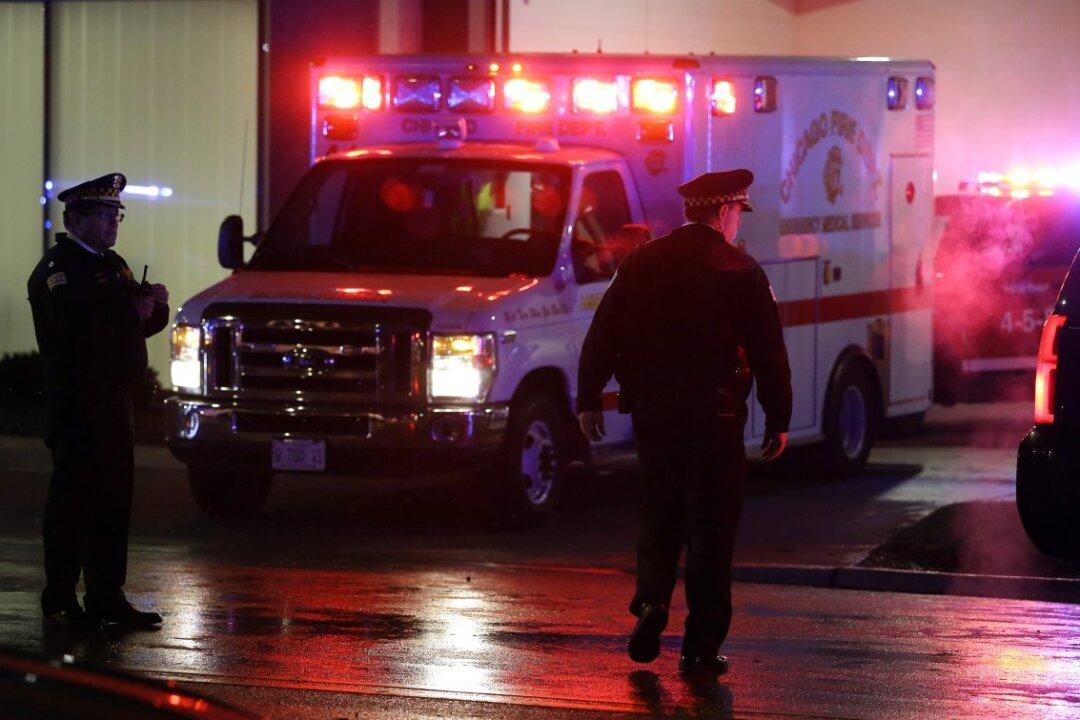A former “Biggest Loser” contestant died at the age of 30, according to reports on May 28.
The cause of death for Daniel Wright was leukemia, said fellow contestants who appeared on the show. He had competed on the show’s seventh and eighth seasons and was diagnosed with acute lymphoblastic leukemia in 2017, according to The Hollywood Reporter.





